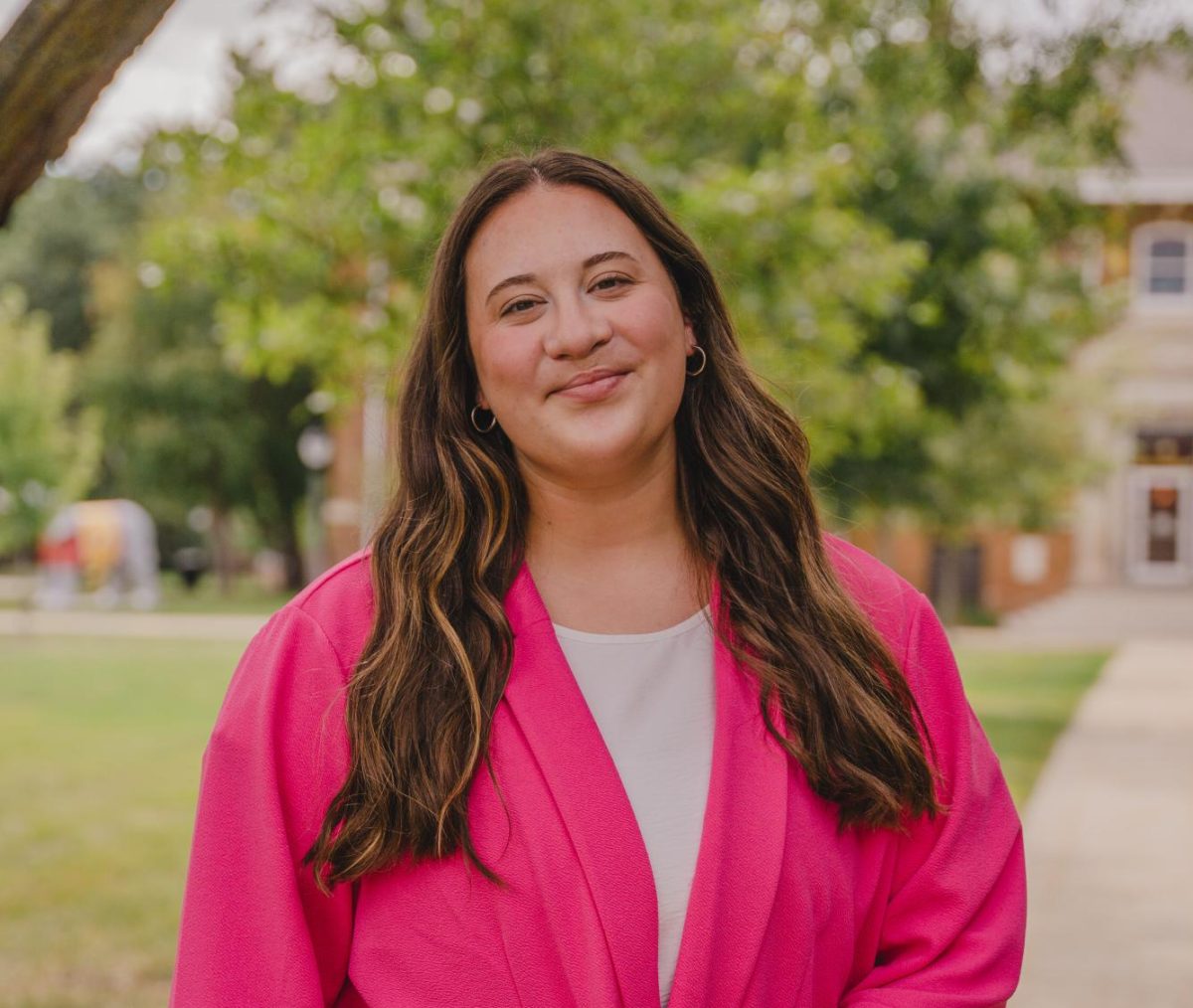Pfeiffer starts recycling food packaging
February 3, 2005
Pfeiffer Dining Hall feeds the Simpson community – 1,452 students, some faculty and many visitors. And all that food has to come in something.
“Most of our food comes packed in boxes,” said Blair Stairs, general manager of dining services for Sodexho Campus Services. “Then you have cans. I couldn’t tell you for sure on any given time, but approximately what we get in is a couple deliveries per week … sometimes we’ll have 300, 400 pieces come in.”
Yet, before Monday, Simpson’s dining services didn’t recycle any tin cans, cardboard or plastic – and it’s not clear why.
The ecologically friendly shift at Pfeiffer was made, for the most part, due to Section 455D of Iowa Legislative Code. The Code states that the Department of Natural Resources “shall establish a statewide waste reduction and recycling network … Programs established shall encourage waste generators to reduce the volume of waste generated and to recycle and properly dispose of the waste that is generated.”
Stairs cited city requirements and a personal desire as the main catalysts for the new recycling efforts.
“It just all came together at once,” Stairs said. “At food service, we have a lot of cardboard, we have a lot of cans and plastics. We’re looking at how we can do our part in the recycling process to help keep those items out of the landfill.”
According to Robin McCoy, general manager of McCoy Sanitation, the landfill Indianola uses isn’t meeting its reduction goals.
“The only way to do that is to have more recycling,” McCoy said.
McCoy estimated that recycling cans, plastic and cardboard at Pfeiffer could reduce the waste produced by food services by 50 percent.
“All that [cardboard, plastic and cans] was going to the landfill,” McCoy said.
Simpson produces about eight tons of waste and 1.5 tons of recycling in an average week, according to McCoy. After the Pfeiffer switch, McCoy estimated it could increase to two tons of recycling per week.
“That’s why we’re recycling, obviously, because there is a lot,” Stairs said. “So it can be reutilized.”
Yet it remains unclear why food services at Simpson wasn’t recycling prior to Monday.
For Stairs – who started as general manager at Simpson during the summer – it was simply a matter of confusion.
“At that time, I wasn’t even sure [if there was recycling] because I’m a new general manager,” Stairs said.
Stairs didn’t know why Pfeiffer didn’t recycle he became general manager.
Director of Procurement Marilyn Leek, who met with Stairs and McCoy to plan the recycling effort, couldn’t explain why recycling at Pfeiffer was not instituted before.
“We have just not done that in the past,” Leek said. “It was just not part of the program.”
Despite the late start, Stairs is optimistic.
“I’m all for recycling, whenever we can,” Stairs said. “We want to be ecologically correct in what we do.”




